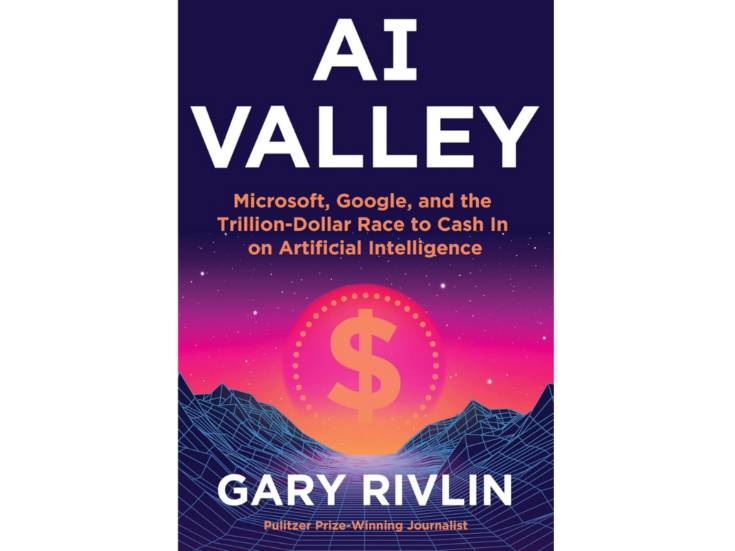Rich lists – what are they good for? Absolutely nothing.
Rich lists – what are they good for? Absolutely nothing. Well, nothing apart from making a splash. The perfect example of their pointlessness is summed up in a Citywire article: wealth manager Jonathan Ruffer is richer than the Queen.
Wealth according to the Sunday Times Rich List is how much you can spend: if you used every penny in your bank account, sold your houses, flogged your shares and auctioned off every asset the Sunday Times has detected you owning, then spent it all, the receipt for your mega-purchase (Wales, or perhaps 180 billion penny sweets) would be your wealth.
This is the narrowest definition of wealth, albeit the only tangible one. It’s also fantastically inaccurate, given the industry devoted to UHNWs’ privacy and implicit admissions of the Sunday Times Rich List’s fallibility. For example, David Hockney gave away paintings worth £76.5m when his worth was £34m, which is of course impossible – it means that the Rich List had no idea he had eighty million quid’s worth of paintings in his house.

Rich lists forget that it’s not how much money you have that makes you wealthy but what it allows you to do. Having got walked round the Palace of Versailles on Saturday, the world’s largest gilded cage, it’s clear that wealth and freedom are not the same thing, or not necessarily so.
The Greeks got it right, of course. According to Herodotus, Croesus, when he asked the Athenian sage Solon who the happiest man in the world was, expecting to hear his rich self, learnt that you can call no man happy (the same word in Greek as wealthy) until he is dead. Now, I’m not suggesting we plunder the necropolis for the next rich list, but the point is valid: how much is wealth worth if it can’t make you happy?







